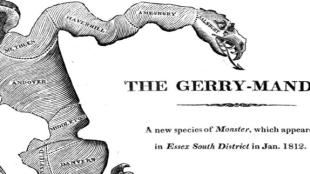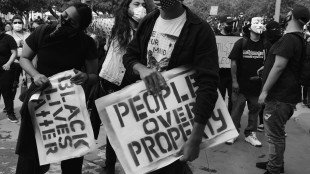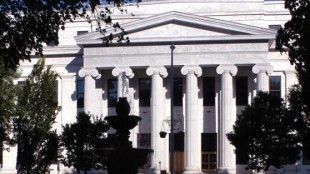Taxation Without Representation: The D.C. Statehood Question Renewed
(Source) Sirens blaring and helicopters overhead are a normal occurrence in Washington, D.C. On January 6, however, the sounds were persistent with no end in sight. The lower third of several news networks read “Trump Protestors Storm U.S. Capitol.” At around 12:00 p.m., D.C. residents received an alert issuing a curfew from Mayor Bowser telling them all to stay inside their homes. The news coverage continued for hours and most commentors were perplexed that the National Guard had not gotten this situation under control. When there were peaceful protestors on Black Lives Matter Plaza, they were tear-gassed to make room for a presidential photo-op. Where was the National Guard to protect our capital city now that it was under attack? The National Guard was not there because Washington, D.C. is not a state, and therefore does not have a governor who can deploy the National Guard. The D.C. National Guard is under the control of the President (whom the insurrectionists were trying to keep in power) and orders to deploy the guard are usually administered by the Secretary of the Army after a request from the Mayor. In one of the darkest days in modern-day American history, the D.C. National [read more]





